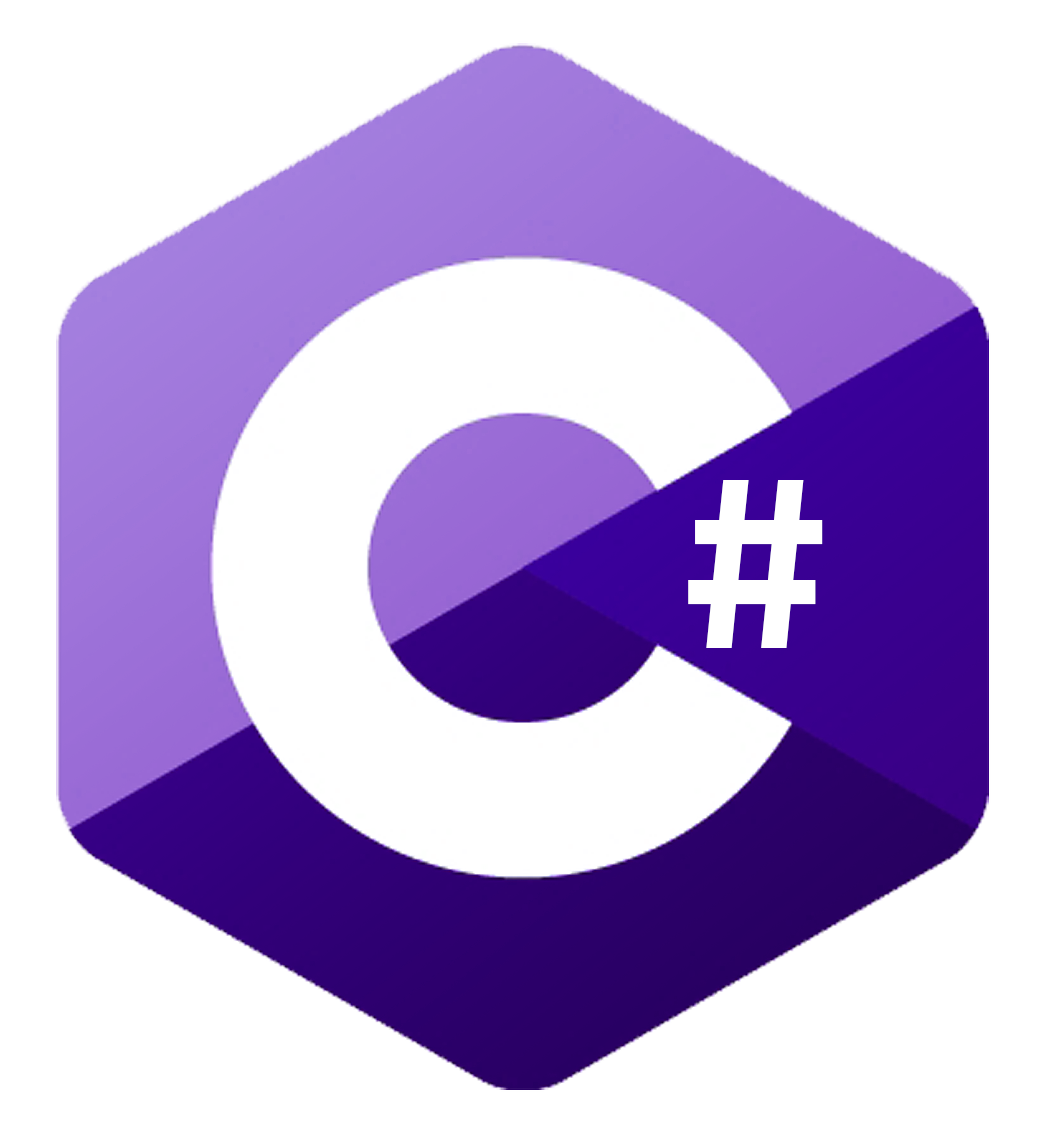Introduction:
The AI market is currently experiencing a surge, particularly in the realm of Generative AI, with the debut of OpenAI’s ChatGPT-4 in 2023 and Anthropic AI’s Claude 3 just recently. These advancements are streamlining the tasks of content developers, and now there’s a new player in the field of software engineering.
Just under 72 hours ago, Cognition introduced Devin, the world’s inaugural fully autonomous AI Software Engineer, setting a new benchmark for excellence on the SWE-bench coding assessment. With just a single prompt, Devin can generate code or design websites, akin to a human software engineer.
Before we explore Devin further, let’s get acquainted with its creator – Cognition.
What is Cognition?
Established in November 2023, Cognition is an applied AI laboratory situated in the United States, specializing in reasoning. By harnessing the power of reasoning, they aim to unlock a wide array of disciplines within Artificial Intelligence. Cognition is comprised of professionals and experts who have previously collaborated with industry giants such as Google DeepMind, Cursor, Scale AI, and Nuro. They have already secured $21 million in funding, spearheaded by Peter Thiel’s Founders Fund, with support from luminaries like Tony Xu, CEO of DoorDash, and Fred Ehrsam, founder of Coinbase, a leading crypto platform.

What is Devin?
Devin represents an autonomous model capable of planning, analyzing, and executing intricate code and software engineering tasks with just a single prompt. It comes equipped with its own command line interface, a code editor, and a dedicated web browser.
The model showcased its prowess by testing Meta’s Llama 2 across various API providers. Initially, Devin strategized a comprehensive “Plan” step-by-step before tackling the problem at hand. Subsequently, it proceeded to construct the entire project utilizing the same tools as a human software engineer would. Leveraging its integrated browser, Devin adeptly accessed the API documentation to comprehend and integrate with each API. Ultimately, it successfully developed and deployed a fully styled website.
What distinguishes Devin is its capacity to learn from errors. It can make a multitude of decisions and continually improves over time.
In comparative tests involving standard software engineering problems, Devin surpassed other solutions in performance.
Moreover, Devin has undergone interviews with prominent tech brands concerning AI tasks and met their expectations. It has also executed tasks from genuine job postings on platforms like Upwork, encompassing coding assignments, debugging computer vision models, and generating comprehensive reports.
A glimpse of Devin’s capabilities was witnessed with GitHub Copilot, a code completion utility, where programmers can convert prompts into executable code. This AI coder not only completes code fragments but also translates them across various programming languages. While GitHub Copilot’s abilities are impressive, Devin elevates the game by autonomously generating code from scratch to completion without human intervention.
How does Devin work?
As previously mentioned, Devin operates with its dedicated command line interface, a proprietary code prompter section, and an integrated web browser to gather necessary resources.
Upon entering a prompt, Devin initiates its “Planner” mode, providing a detailed, step-by-step guide on how to approach the given problem.

Once this setup is completed, the dashboard transitions into a four-section interface:
- The first section contains all the input prompts.
- The second section houses the command line.
- The third section comprises its proprietary code editor.
- The fourth section integrates its browser, meticulously analyzing resources to derive insights. Finally, it provides a visualization of the solution.
Accessing Devin: Devin is currently available for early access, and individuals can utilize or “hire” Devin by joining the waitlist.
Devin’s Performance Comparison: Devin has undergone testing on SWE-bench, a benchmarking platform that requires agents to resolve real-world issues on open-source projects, commonly used by software engineers. According to Cognition, Devin was assessed on a random 25% subset of the dataset. Unlike other models, which received assistance by being provided with exact files needing editing, Devin was unassisted. Remarkably, Devin successfully resolved 13.86% of the issues end-to-end, a significant improvement over Claude 2’s 4.8% and ChatGPT-4’s 1.74%. Cognition has indicated they will soon release a more detailed technical report!
Will Devin Replace Software Engineers?
The remarkable performance showcased by Devin on the benchmarking platform has sparked contemplation among individuals, particularly software developers and engineers, regarding the future of software-related jobs.
Cognition, an AI lab focused on reasoning, asserts that they are developing AI teammates with capabilities surpassing existing AI tools.
According to Cognition, “Devin is a tireless, skilled teammate, equally adept at working alongside you or independently completing tasks for your review. With Devin, engineers can focus on more engaging problems, and engineering teams can pursue more ambitious objectives.”
Interestingly, while many presume Devin marks the end for numerous software engineers, Cognition, Devin’s creators, are actively recruiting “human” software engineers! Opinions on this matter vary, and definitive conclusions cannot be drawn until Devin undergoes comprehensive testing.
As Andrej Karpathy, former AI director at Tesla, aptly notes, “In my mind, automating software engineering will look similar to automating driving.” He further elaborates that the field of software engineering is poised for significant transformation, envisioning a scenario where there will be a considerable increase in supervised automation, coupled with the input of high-level commands, ideas, or strategic directives expressed in English.
As with any other generative AI tool, Devin’s effectiveness is contingent upon the proficiency of its user! These tools merely serve as aids to efficient users, significantly reducing the burden and time required to complete tasks!
In conclusion,
Devin AI represents a significant leap forward in the realm of Generative AI, transforming the landscape of software development by automating coding tasks and solving complex problems. With models like GPT-4, Claude 3, and now Devin, the future of Generative AI appears promising; these tools are not meant to supplant us but to augment our capabilities. Until next time!
Programming Language

